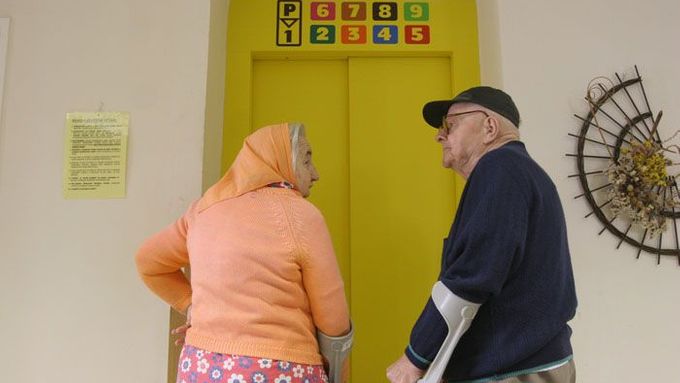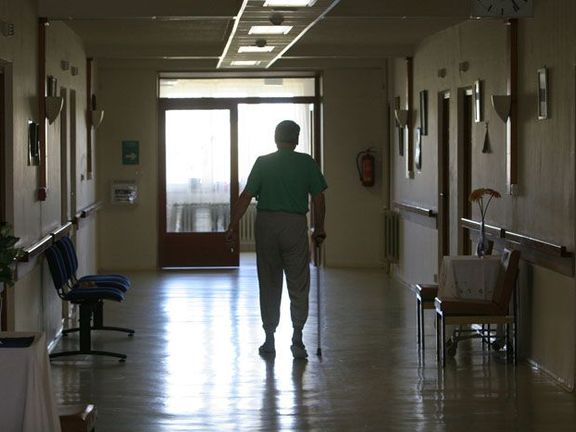Prague - Only half of the senior citizens residing in retirement homes actually require the 24 hour daycare which is mandatorily offered at the facilities.
Many clients chose to live there for other reasons, such as loneliness, the desire to help their families with housing situations, often the feeling that retirement homes are more comfort, or simply, not wanting to be a burden on one's own children.
These were some of the result published in a research study called "Life in senior retirement homes for 2007" commissioned by the Human Rights Minister, Džamila Stehlíková.
In her opinion, improvements can be made to offer other options in daycare, which would allow senior citizens to maintain their usual way of life.
Loss of privacy is a price that is often paid for the potentially more comfortable "institutionalized" way of life in retirement homes.
"Every single change is stressful when you are elderly, and ultimately some loss of privacy is inevitable," said Stehlíková.
Overcrowding and breakfast at 7 a.m.
The problem of privacy is amplified by the fact that most retirement homes are overcrowded. Despite the new retirement complexes being built every year, the number of rejected applicants is constantly on the rise.
Researchers approached 516 senior citizens in 16 retirement homes across the Czech Republic. There are approximately 50,000 seniors in total living in Czech retirement homes.
Even though, according to the participants, the level of care is substantially better than was expected, there are still problems cited by seniors. Six percent of them stated that they experience bad treatment from the staff, and in some cases have conflicts with other residents.
Two percent are unable to converse with their visitors privately, and 13 percent say that they have privacy with their visitors only sometimes.
"Given such circumstances, having an opportunity to speak to someone privately is the only way one can ever find out about the problems with staff behavior," says the chairman of the Senior Association "Život 90", Jan Lorman.
Able to choose
In Mr.Lorman's opinion, retirement homes should allow their residents to make decisions about certain aspects of daily life. "For instance, the ability to choose a roommate, or perhaps the option of moving away from somebody they don't get along with, is highly important."
Research findings only confirm Lorman's words; seniors do mind being ordered around, told to do things that other people can do on their own, and at their own convenience.
This is a recurring problem, whether it has to do with meals or hygiene. "I would love to have my breakfast at 9 a.m., as would many others who like to sleep in a bit. But we are afraid to say anything," describes a client in one of the retirement home.
Those participants of the study who feel they have lost their freedom of decision-making were, in particular, the ones who complained about staff behavior, conflicts with roommates, lack of privacy and tasteless meals, more than others.
In fact, according to another study done in Britain, person's ability to make his or her own decision about the daily routine and way of life, may actually prolong life by a few years.



